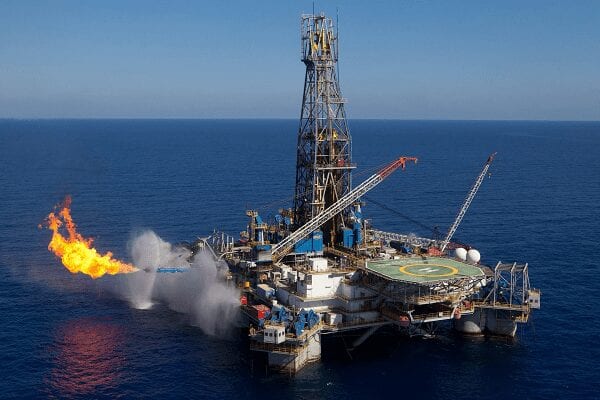
The Public Interest and Accountability Committee (PIAC) has called on the Ministry of Energy to prioritize investments in Ghana’s upstream petroleum sector to address the industry’s challenges and unlock its potential for economic growth.
In its 2024 Annual Report on Petroleum Revenue Utilisation, released in Accra on April 29, PIAC revealed that Ghana’s crude oil production has been on a steady decline over the past five years. The report also highlighted the industry’s struggles with securing substantial investments, which have further hampered growth prospects.
Despite these challenges, PIAC acknowledged positive steps being taken, including the operationalisation of the Onshore Petroleum Exploration and Production Policy. According to the report, this initiative signifies Ghana’s commitment to revitalizing the sector and enhancing its appeal to potential investors.
Furthermore, PIAC underscored the importance of ongoing reviews of the Petroleum Revenue Management Act (PRMA) and Act 919. The committee believes these revisions will establish streamlined regulatory frameworks, benefiting both the state and private sector players while fostering a competitive environment for exploration and production.
“These reforms, if implemented effectively, will strengthen Ghana’s position in the global energy market and optimize petroleum resources to drive sustainable economic development,” the report noted.
Key Recommendations by PIAC
The committee presented a series of recommendations to address the industry’s challenges and maximize its potential:
1. Investment Drive: Parliament should ensure the Ministry of Energy intensifies efforts to attract investments into the upstream petroleum sector.
2. Revenue Accountability: PIAC reiterated that proceeds from liftings by GNPC Explorco constitute indirect state participation and should be deposited into the Petroleum Holding Fund.
3. Recovery of Arrears: The Ghana Revenue Authority, Petroleum Commission, Bank of Ghana, and Ministry of Energy should collaborate to recover outstanding Surface Rental arrears.
4. Gas Infrastructure Expansion: The government must expedite the expansion of gas infrastructure to accommodate increased volumes of raw gas.
5. Priority Area Planning: Specific programs must be determined for implementation in priority areas before their selection.
6. Adherence to Fiscal Regulations: Parliament must ensure the Ministry of Finance complies with Regulation 8 of L.I. 2381 regarding the Ghana Stabilisation Fund (GSF) cap.
7. Cost Audits: A comprehensive audit of the TEN field should be conducted to address cost escalations and technical challenges.
8. Financial Autonomy for GNPC: Parliament must insulate GNPC and GNPC Explorco from bearing loans and guarantees related to government infrastructure projects.
A Call to Action
PIAC’s report paints a picture of both challenges and opportunities in Ghana’s upstream petroleum sector. While the industry faces declining production and investment gaps, the outlined initiatives and recommendations provide a roadmap for revitalization. With strategic investment and robust policy implementation, Ghana could harness its petroleum resources to fuel economic transformation and secure its place as a competitive player in the global energy market.
The Ministry of Energy, Parliament, and allied agencies are urged to act decisively to ensure the sector’s long-term sustainability and contribution to national development.
Story by: Mercy Addai Turkson # ahotoronline.com


